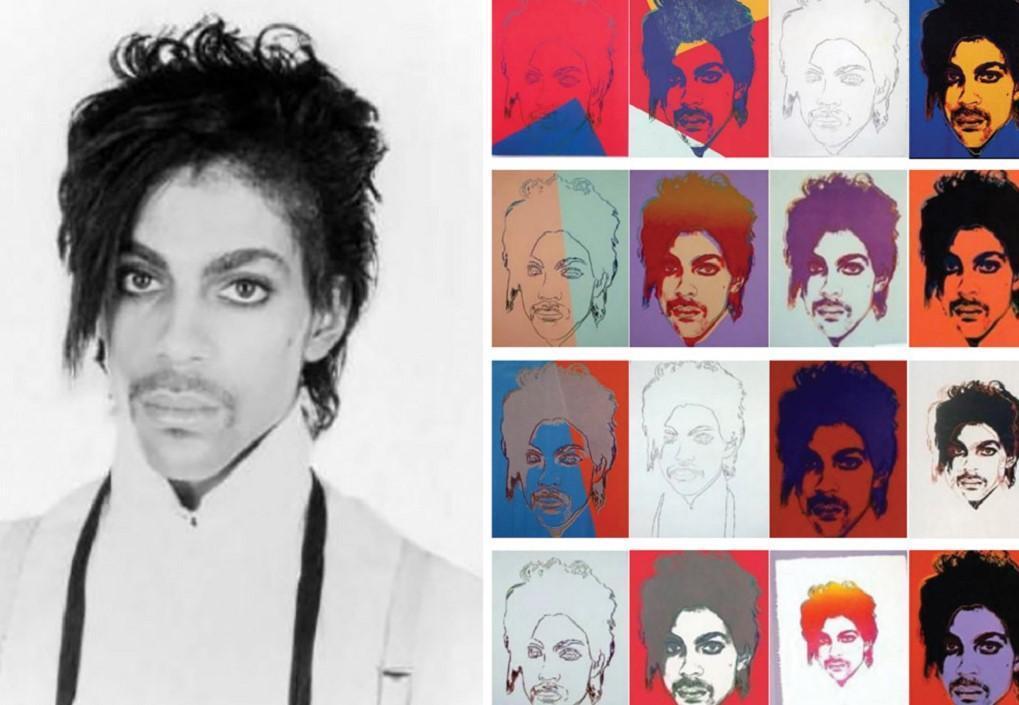
The US Supreme Court ruled Thursday that a photographer was denied fair payment over the publication of an Andy Warhol print of the singer Prince, in a case with major implications for copyright law and the art world.
The court ruled that celebrity photographer Lynn Goldsmith should have earned a fee when the Andy Warhol Foundation licensed “Orange Prince,” a silk screen print image of Prince, for use by Vanity Fair
publisher Conde Nast.
There was no judgment against Warhol himself, who died in 1987.
Goldsmith was paid a one-time use fee of $400 in 1984 when Vanity Fair commissioned the artist to create a purple-tinted image of Prince that was based on one of her photos.
But after Prince died in 2016, Warhol’s foundation licensed another image of the musician -- the “Orange Prince” -- that he had made from the same Goldsmith photo to Conde Nast.
The Foundation was paid $10,250 to license the image to Conde Nast, but Goldsmith got nothing.
She sued, claiming her copyright on the original photo was infringed.
In the high court’s hearing on the case in October 2022, the Foundation argued in court that Warhol’s work was “transformative” -- an original piece infused with a new meaning or message.
That, the Foundation said, was permitted under what is known as the “fair use” doctrine in copyright law.
Lisa Blatt, a lawyer for Goldsmith, disagreed, arguing that the initial payment for the photograph recognized her rights.
“Warhol got the picture in 1984 because Miss Goldsmith was paid and credited,” Blatt said.
She said ruling against Goldsmith would “decimate” the art of photography by killing the photographer’s incentive to create.
The Foundation, she said, is claiming that “Warhol is a creative genius who imbued other people’s art with his own distinctive style.”
But if the court accepts this, Blatt said, “Copyrights will be at the mercy of copycats.”
The Supreme Court ruled 7-2 in Goldsmith’s favor.
“Goldsmith’s original works, like those of other photographers, are entitled to copyright protection, even against famous artists,” wrote Justice Sonia Sotomayor in the majority opinion.
“Such protection includes the right to prepare derivative works that transform the original,” she wrote.
The court held that fair use of an image or other work of art is acceptable if the use “has a purpose and character that is sufficiently distinct from the original.”
In the “Orange Prince” case, however, both Goldsmith and the Andy Warhol Foundation had the same commercial purpose in the licensing of the image, it said.